Filter on
human behavior research categories

What does the Moment of Truth mean to your business?
We’ve all been there: close to the freeway on-ramp were several choices of the usual variety. I quickly made my decision, rolled through the drive thru, picked an item from the pictures provided, and hit the freeway again.

Measuring experiential, behavioral, and physiological outputs
In a romantic relationship, it is undoubtedly important to show support when one’s partner shares his or her accomplishments and positive life events.

Adolescent Motherhood – observing mother-infant behavior
Adolescent mothers are tackling their transition to adulthood and the transition to parenthood. This is called the double risk for mother and infant, inherent in adolescent motherhood.
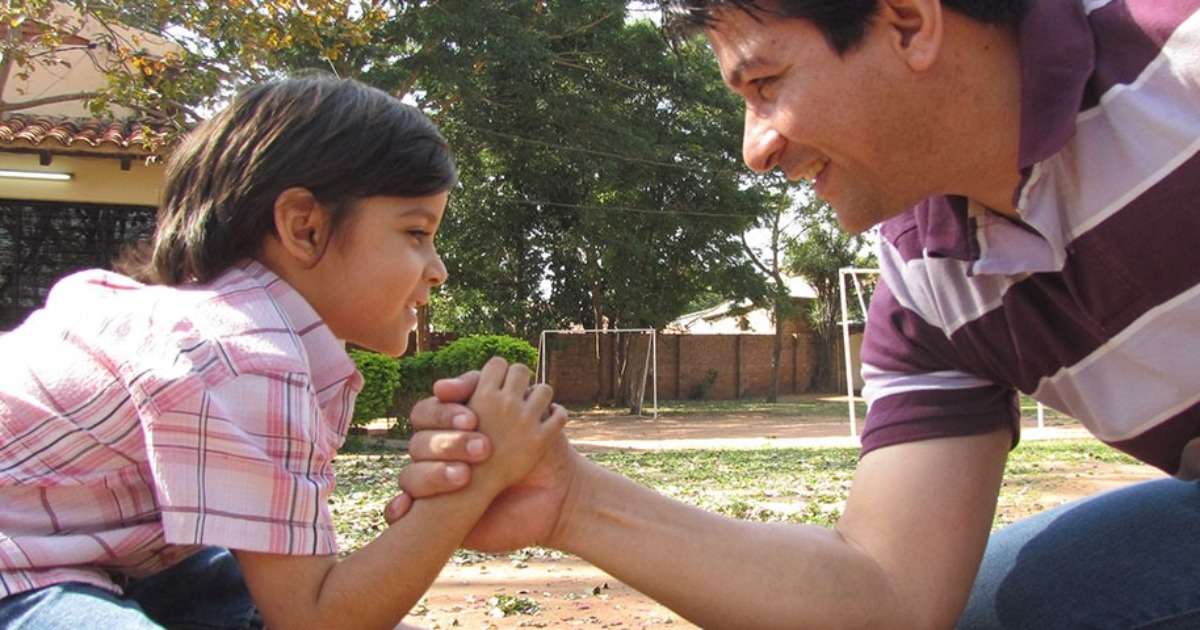
Two examples of parent-child interaction research
Fatherhood is a topic of high social relevance that attracts much public interest and therefore also the attention of scientists.

Physiological and behavioral analysis: coping with stress
Having a behavioral coping strategy means that a person can regulate emotions and deal with stressful situations.

Healthcare communication - dealing with emotions
Communication studies have shown that breaking bad news is best be done immediately and with clear wording. What is the best step forward?
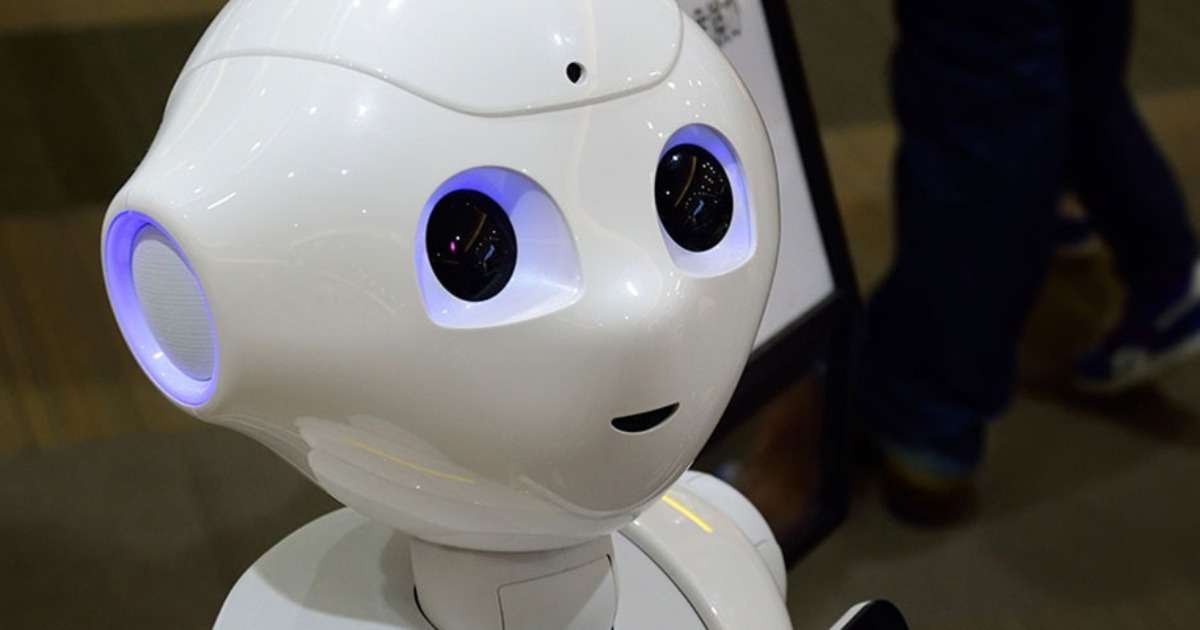
Human-Robot Interaction: Robots in the spotlight
Read these four blog articles to find out how and why human-robot interaction is studied by many researchers around the world!

Nurse-child interaction - observing medical encounters
In order to help health professionals and parents manage child distress more effectively, researchers started observations of real interactions in healthcare in a community setting.

Doctor-patient communication training program evaluated
Every day, new training programs find their way to hospitals and clinics to help professionals convey their message efficiently and effectively in order to practice their profession.

Autism Top 8 Blog Articles from the Behavioral Research Blog
It was no surprise that these blog articles attracted lots of attention. Autism is the fastest-growing serious developmental disability in the U.S. (www.autismspeaks.org). Read the Autism Top 8 Blog Articles.
Filter on
animal behavior research categories

Why guinea pigs are just like us
If zebrafish are the new mice, guinea pigs might be the new rats. Guinea pigs differ from mice and rats, and that just might make them more suitable due to the fact that these results are more easily translated to humans.

Why social pigs do better
If you want to get on in life, is it better to make friends, or should you trample down the competition? Maybe we can learn something from animals…
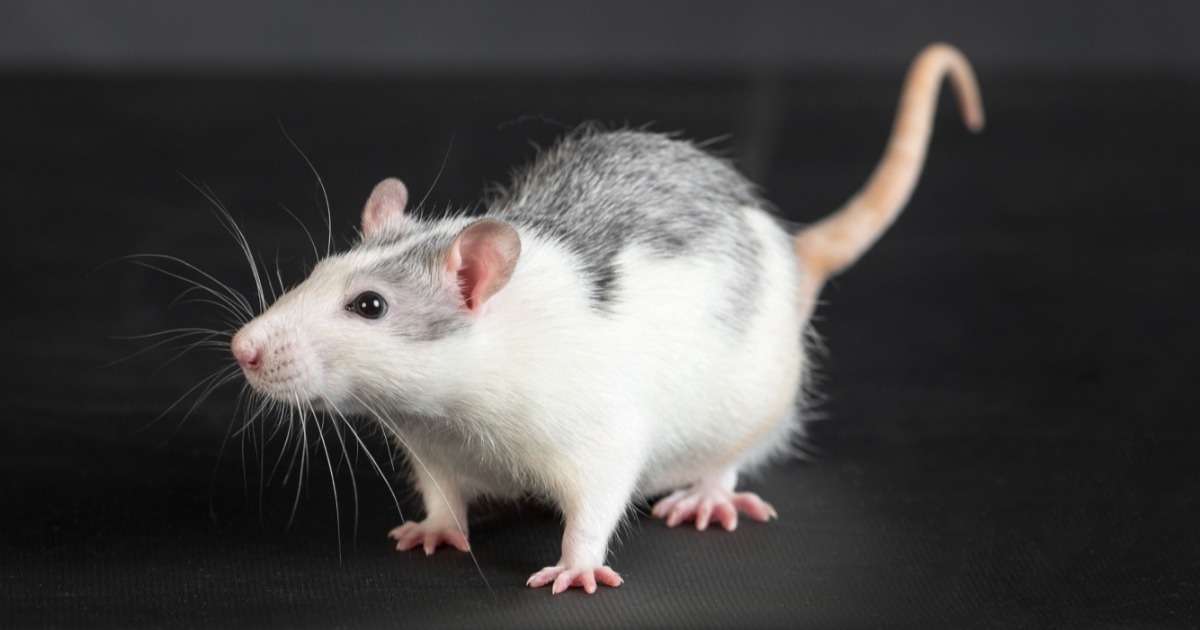
How Automatic Rat Behavior Recognition was developed
If you are familiar with neurobehavioral research in any way, you will know that variables like velocity and distance moved are important parameters in a lot of animal behavioral experiments.

Measuring behavioral effects of laboratory rearing on starlings
Rearing animals specifically for behavioral research is a very common practice. However, the results from behavioral studies with laboratory animals should be interpreted with care.
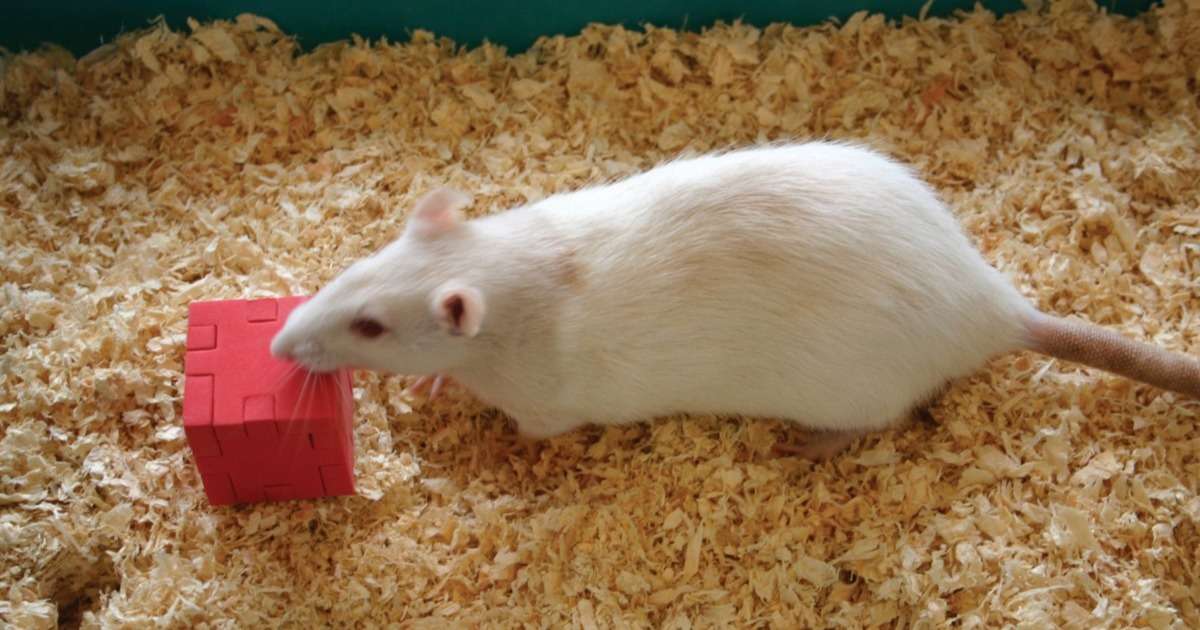
Top 5 novel object recognition articles
Novel object recognition is one of the most commonly used behavioral tests on laboratory rodents. It is also easily automated with video tracking software. Want to know how?

Primate behavior - cracking the nut, fur rubbing & mating behavior
Interested in primatology? Today we present to you three blog posts and a couple of interesting websites!

Making the impossible possible – Tracking under water in the dark
European eels (Anguilla anguilla) have a life cycle in which both larvae and adults travel incredible distances. The eggs hatch in the Sargasso Sea near North America and the larvae swim all the way to Europe.
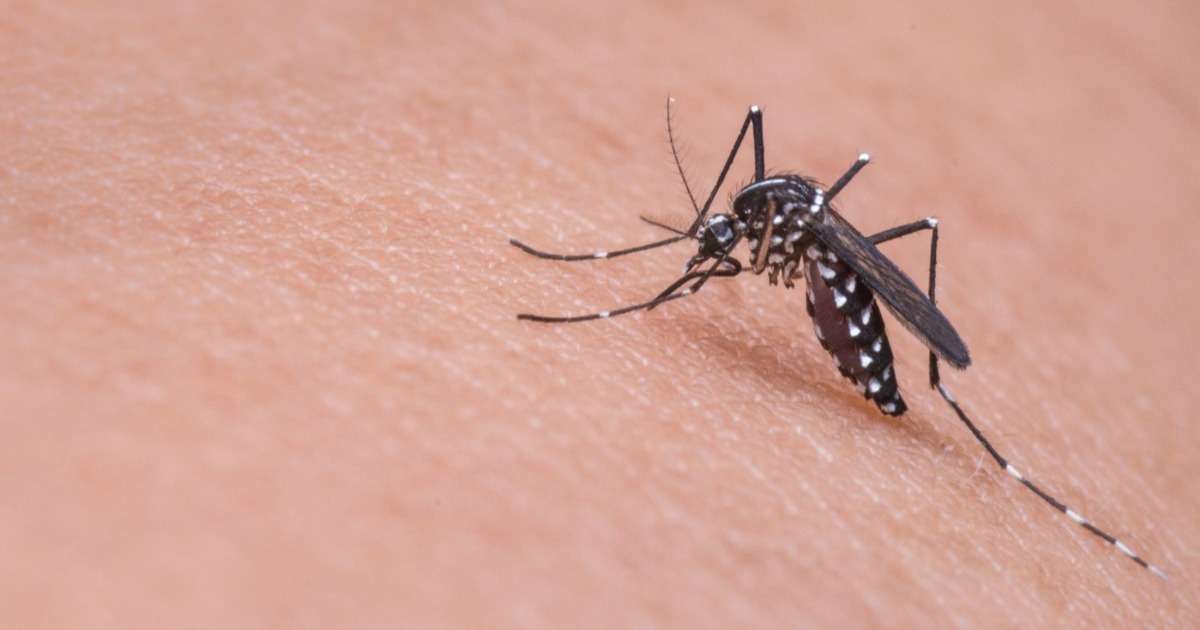
Smelly feet and heat – how malaria mosquitoes find their hosts
It seems that mosquitoes use human body odor to locate suitable hosts, and different people smell differently to mosquitoes.
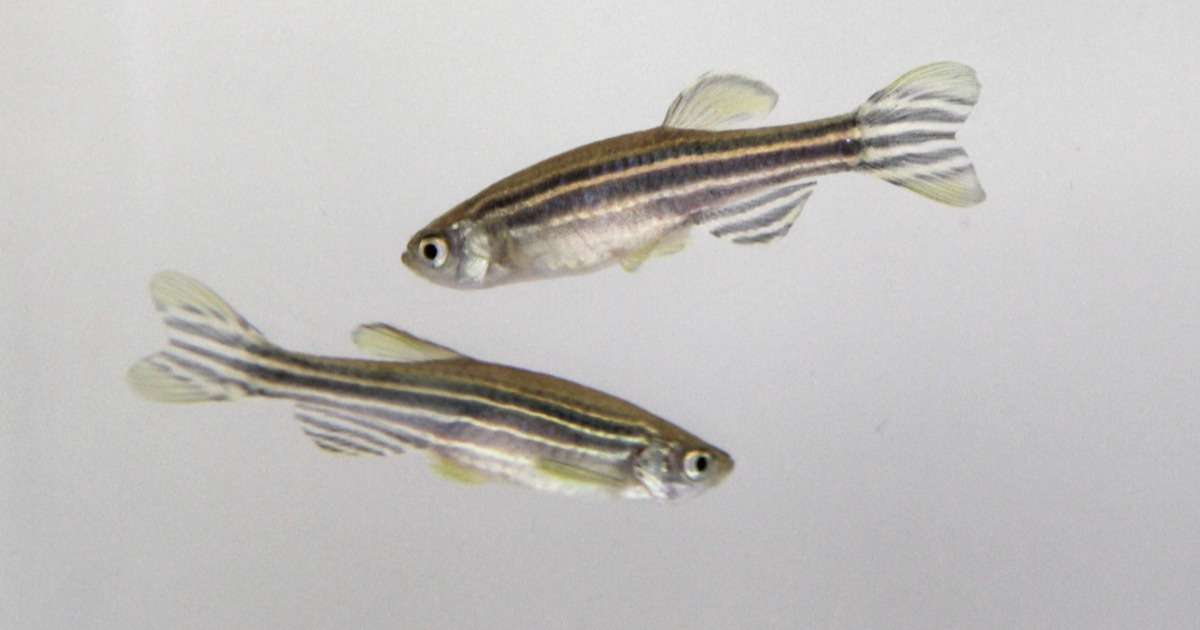
Testing PCBs toxicity - behavior in zebrafish and their offspring
PCBs are synthetic molecules that were used in transformers, electric motors, and more applications. It was quickly discovered that these molecules are toxic, and subsequently, they were banned.
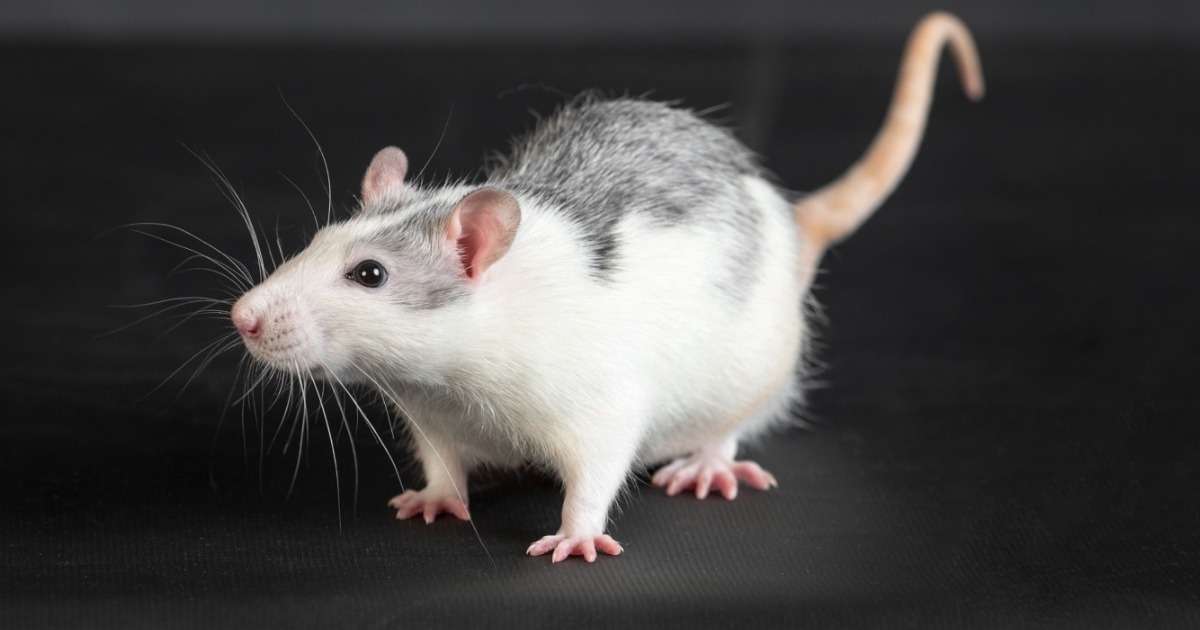
Unraveling the chemistry of mood disorders
The most common psychiatric disorders are mood and anxiety related. However, the underlying mechanisms of these diseases are still largely unknown. This complicates the development of effective treatment and drugs.
